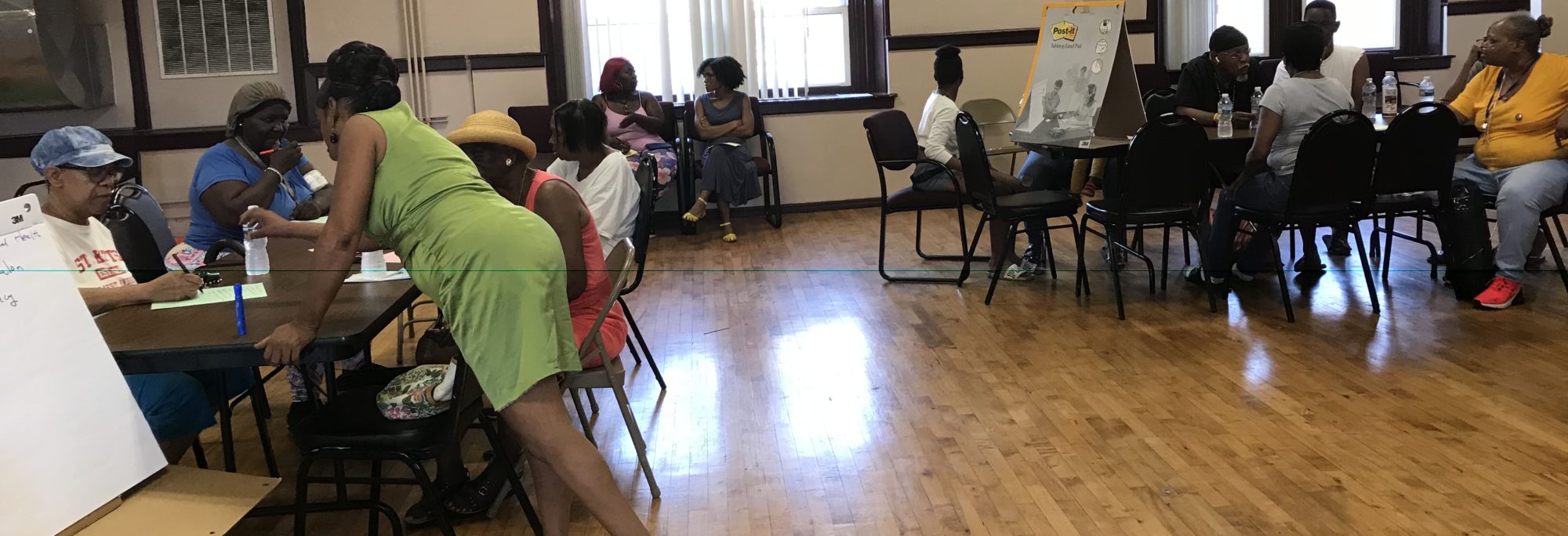After another story glossing over the “truth” of equitable access to the new Hopkins-Henderson Community school in East Baltimore, Father Peter Lyons (St. Wenceslaus Church, East Baltimore) and myself wrote a letter to the editor of the New York Times. We decided after two weeks that maybe-just saying- they won’t publish it?
Here’s what we had to say:
In regard “Reading, Writing and Renewal (the Urban Kind)” of March 18 2014. “…We wanted Henderson-Hopkins to be an inspiration and magnet for the neighborhood.” A quote from East Baltimore Development Inc’s CEO. Like a similar urban experiment in West Philadelphia, the results are already in. “Marketing Schools, Marketing Cities” by Maia B Cucchiara (2013) describes the outcomes: “In their zeal to attract more middle-class families to the city, policy makers and educators adopted a stance where (white) middle-class families were seen as more valuable and more worthy than the existing working-class families.” If more evidence is needed to tell us where Baltimore’s experiment in social engineering is heading, an application policy and process for school attendance gives relocated residents three days to apply and no notice to historic residents while ample notice to Hopkins staff and students continues, assuring gentrification. The admission policy favors applicants from outside the redevelopment zone who are employed by Johns Hopkins and new developments, over historic residents of the neighborhood. Community organizations must alert residents of upcoming application deadlines and request meetings with the school’s leadership, knowing that existing neighbors are not the target of the magnets rebuilding this East Baltimore neighborhood.
New York Times article, March 18, 2014
Reading, writing, and renewal (the urban kind)
